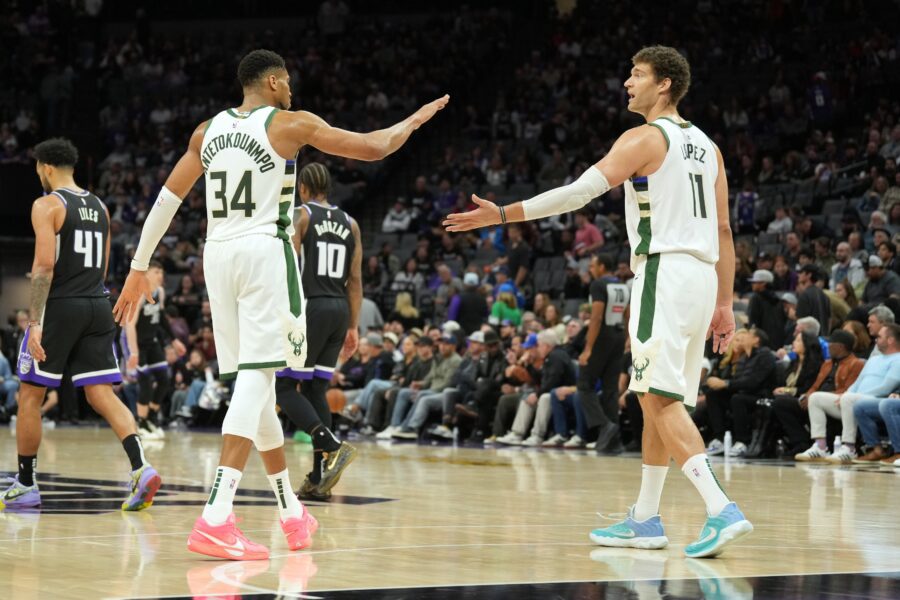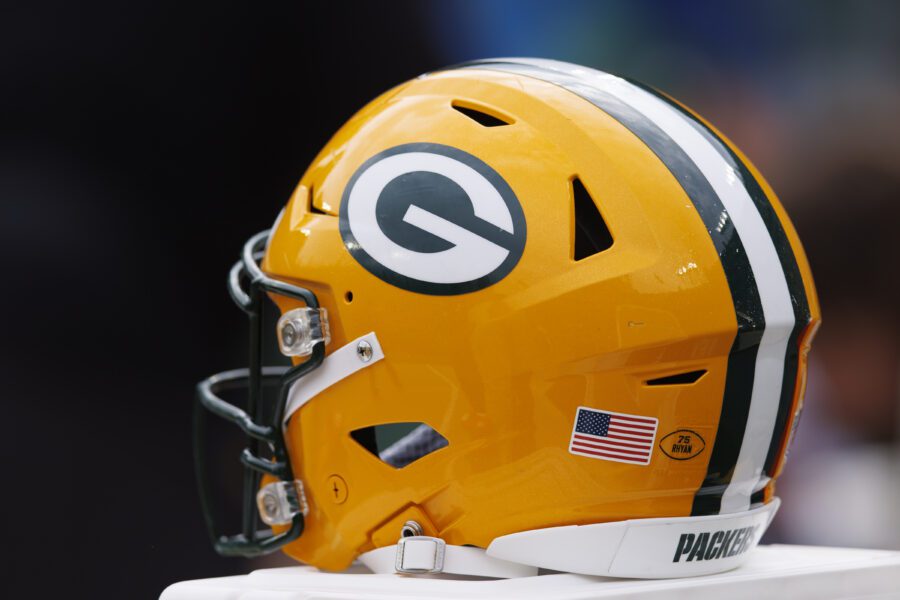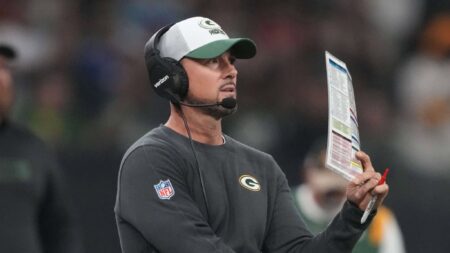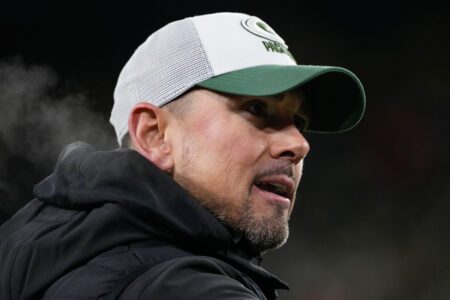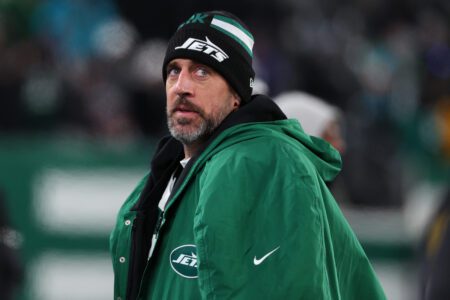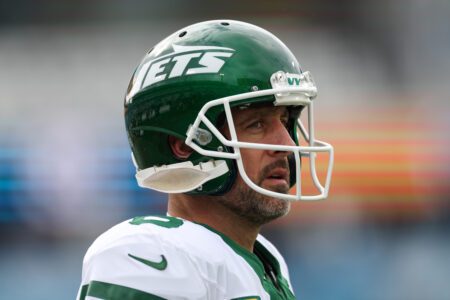Unfortunately, the third-most influential moment on Thanksgiving Day experienced by the Green Bay Packers was a game most fans of the green and gold would rather forget. The annual game between Green Bay and the Detroit Lions occurred on November 22, 1962, and the Packers came into the game with a perfect 10-0 record. To say they were the dominant team in the NFL in 1962 would be a vast understatement; through 10 games, the Packers had outscored their opponents 309-74.
The Lions were no slouches, either. They entered the contest with a very respectable 8-2 record, and they were screaming for revenge after losing a tight 9-7 battle to the Packers in week 4.
The game is considered by many Lions fans as arguably the greatest in their history. However, this monumental fray would be remembered for other long-lasting reasons as Packers head coach Vince Lombardi used the result of the game as motivation for his team as well as the impetus to restructure the way his team conducted business going forward.
3. November 22, 1962: Detroit 26, Green Bay 14
57,598 people jammed into Tiger Stadium, braving unseasonably cold 28-degree wind chill temperatures. and millions more tuned in to CBS for the noon start. The buzz surrounding the event was palpable, especially to those who played in it. “Everyone watched that game,” Lions defensive lineman Roger Brown said years later. “God and his 12 disciples were watching.”
Although the Packers entered the game as 7-point favorites, the Lions were certainly unimpressed. They delighted their hometown fans by forcing a three-and-out on the Packers’ first drive, and the Lions only needed three plays to take a 7-0 lead, and the rout was on as Detroit put the game out of reach in the second quarter with what has been called the most “prized 15 minutes in Detroit history.”

The Lions scored a touchdown on their first possession of the second quarter (a touchdown to Gale Cogdill shown below), then strip-sacked Packer quarterback Bart Starr for a defensive touchdown soon after. Detroit closed out the scoring in the first half when Roger Brown tackled Starr in the end zone for a safety, and the Lions had a commanding 23-0 lead.

After a couple of meaningless scores by the Packers, making the final a more respectable 26-14, the final gun sounded, and the Packers were left to slink back to Wisconsin with their tails between their legs. One of the most lopsided defeats in the Lombardi era, Detroit finished with 11 sacks, with Brown taking part in seven of them. The Lions forced five turnovers and held Green Bay to 122 total yards.
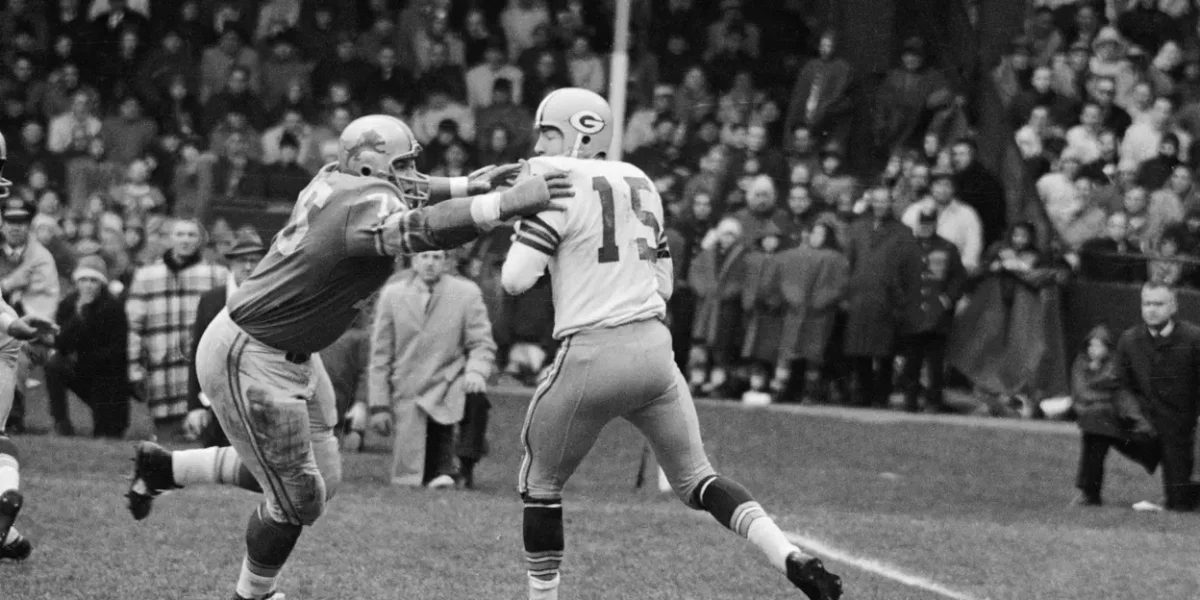
THE CONSEQUENCES FOR THE PACKERS OF AN EMBARRASSING DEFEAT
The result of the game came as an absolute shock of a defeat to many national reporters, including New York Times scribe Robert Teague, who wrote, “Most observers couldn’t have been more surprised if Santa Claus himself had sparked the winning assault.”
However, Coach Lombardi remained coy and mysterious to the press; he had a different strategy on how to approach this loss. Lombardi was sanguine afterward, and said, “You didn’t think we were going to win them all, did you?” he asked reporters with a smile. He knew the greater prize was the NFL Championship, and he realized that this embarrassment was just the motivational medicine his players needed to ingest to right the ship. The Packers won the Western Division Championship and then defeated the New York Giants 16-7 on December 30 to win the 1962 title. Keith Dunnavant, the author of “America’s Quarterback,” a recent biography of Starr, said, “That Thanksgiving game was the best thing to happen to the ’62 Packers.”
A PACKERS’ THANKSGIVING TRADITION SOON CAME TO AN ABRUPT END
After the Packers and the Lions played to a 13-13 tie in the 1963 Thanksgiving game, the 13-year run of holiday battles between the two teams came to a screeching halt. The series finally ended after the 1963 game by Vince Lombardi, who declared, “The big reason I’m against [playing on Thanksgiving] is that four days is not enough time to get ready for a game” – thoughts that have been echoed by opponents of Thursday Night Football today.

It may have been a “big” reason, but it certainly was not Lombardi’s only reason. Television money for the NFL and its teams was becoming a real thing, and Lombardi knew it. He said, “With the new television contract, every club will receive the same amount. If we are to continue in this game, I feel we should receive additional revenue.” Although Lombardi proved to be a visionary regarding the wealth to be made via television contracts, the unintended consequence of his premonition was the discontinuance of one of the most revered traditions in Packers’ history.


